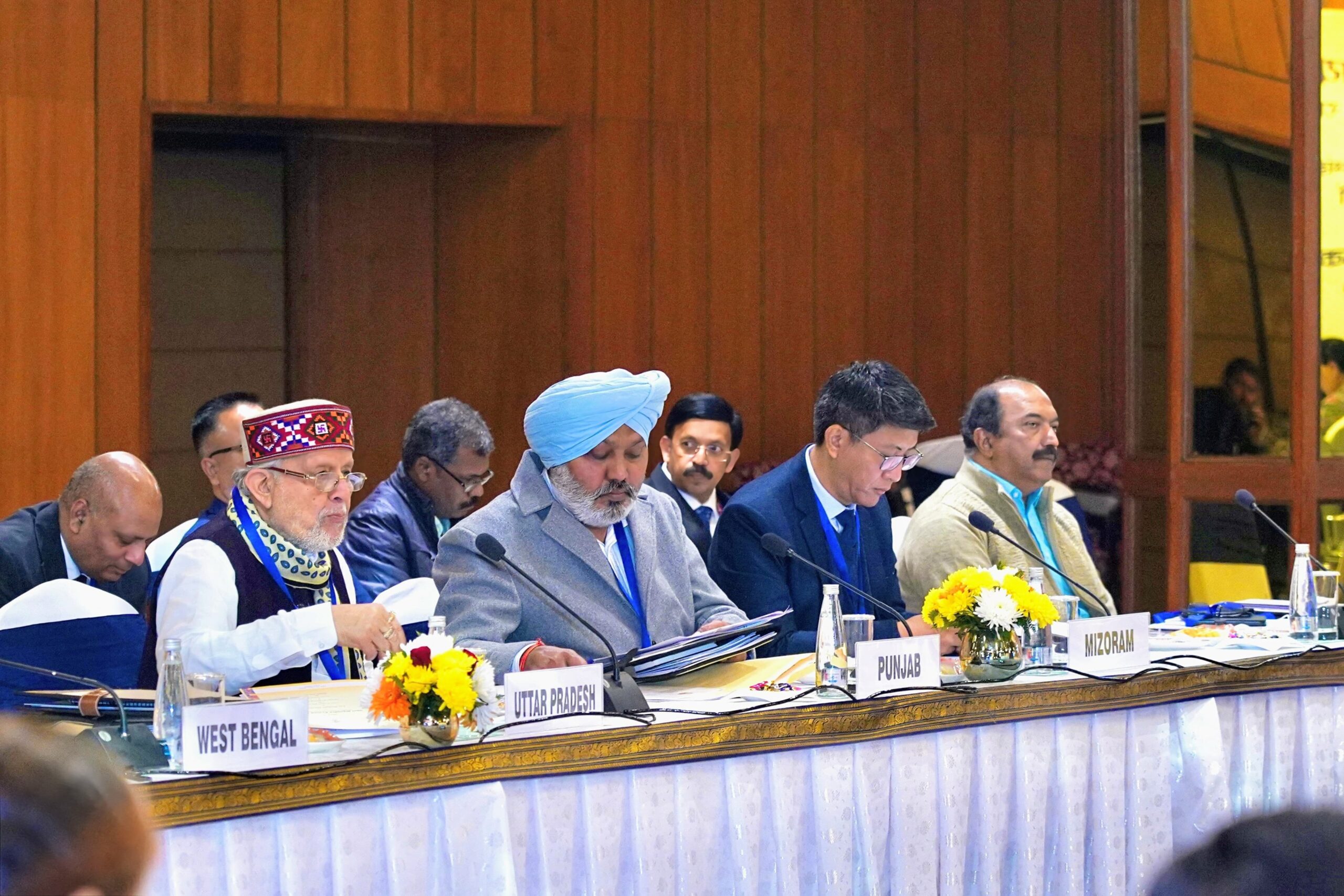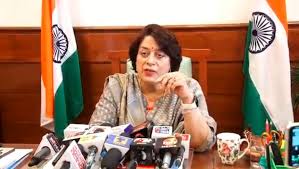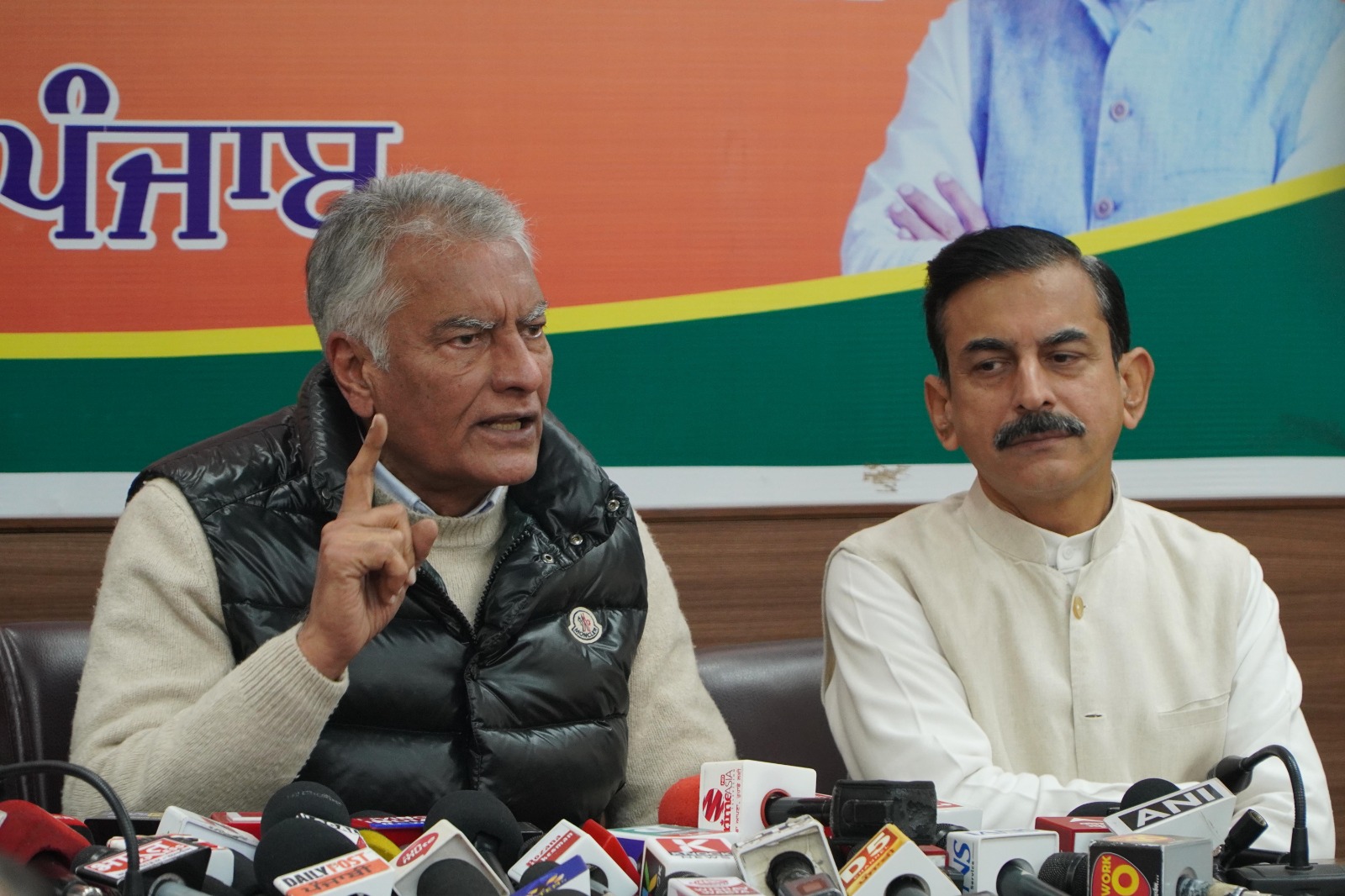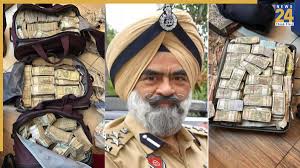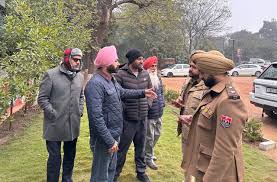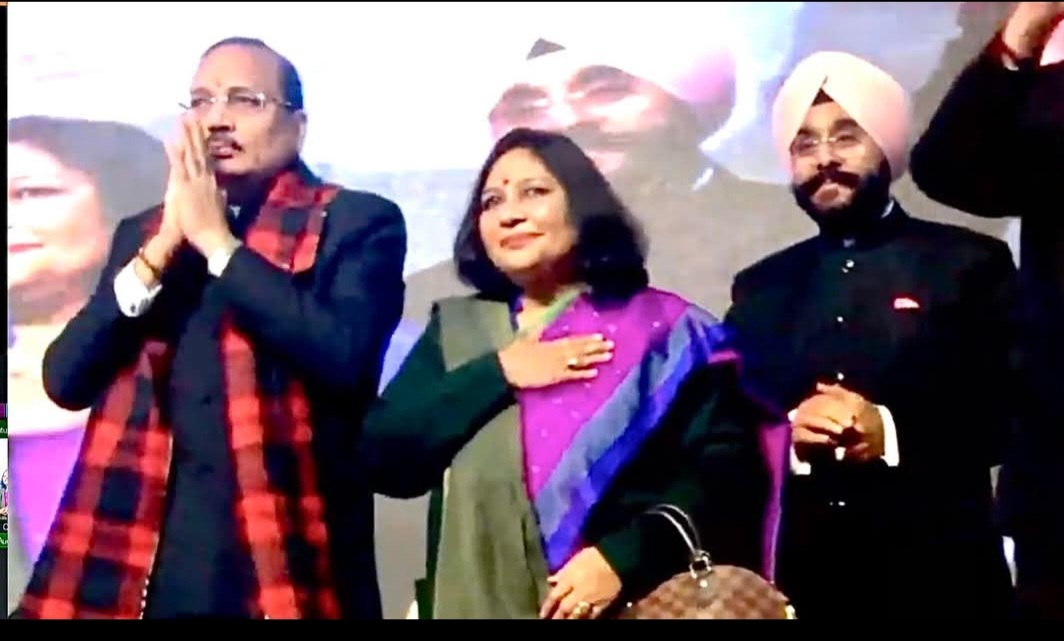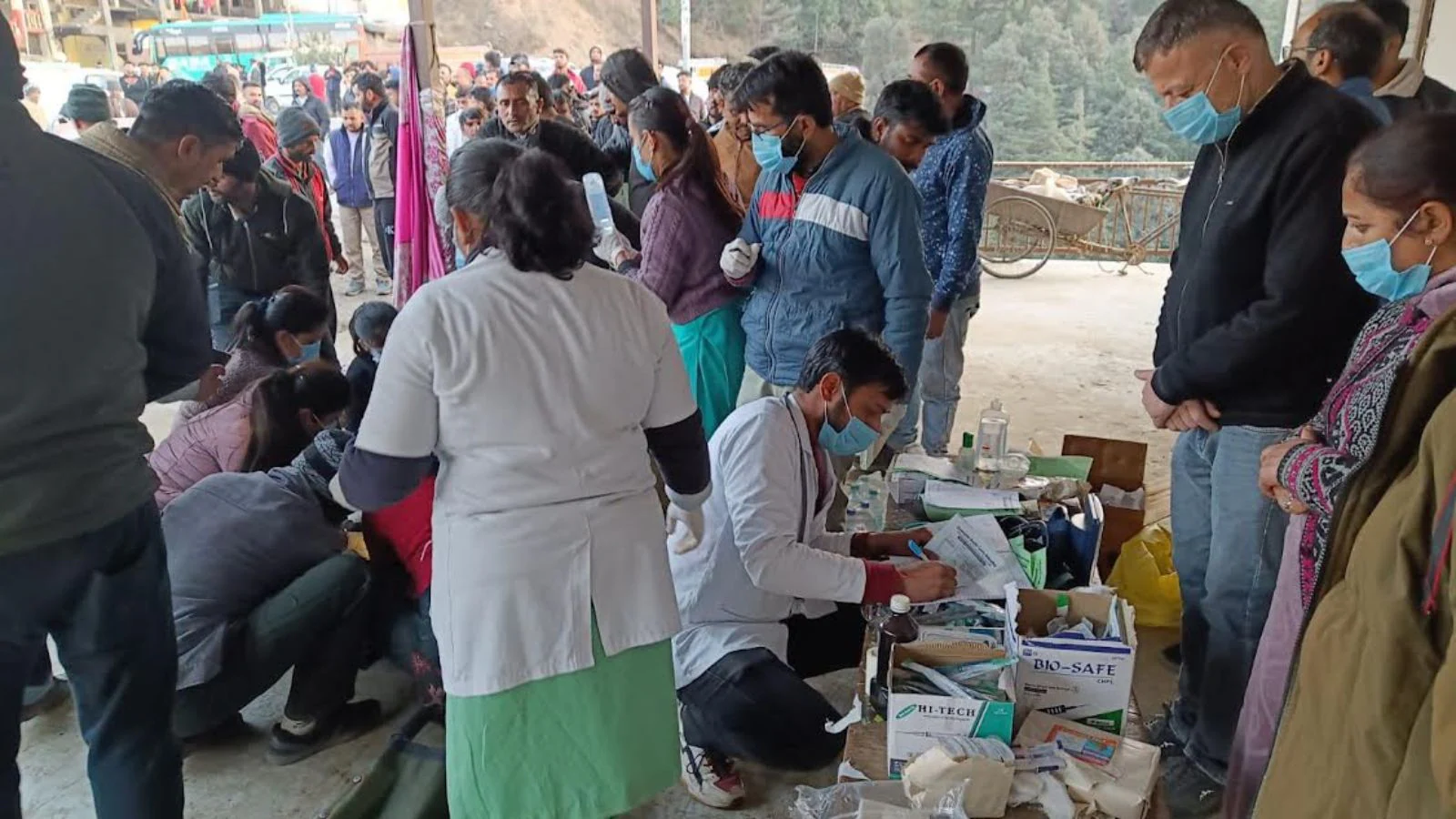Listen To This Post
Middleman of arrested DIG Harcharan Bhullar under lens; digital evidence reveals trail of money, influence, and manipulation
Chandigarh: The Central Bureau of Investigation (CBI) has unearthed what it describes as a “fixer network” allegedly operated by Kirshanu Sharda, a key middleman linked to arrested and suspended Punjab DIG Harcharan Singh Bhullar — exposing a nexus that stretches deep into the state’s bureaucracy and power corridors.
Both Bhullar and Sharda were arrested in a ₹ 5 lakh bribery trap case in Chandigarh on October 16. Still, the investigation has since ballooned into what officials are calling “a systemic web of corruption” involving multiple senior officers and political aides.
Digital Trail of Corruption
According to the CBI’s latest progress report submitted before the Special CBI Court, Chandigarh, investigators have recovered extensive digital evidence from Sharda’s seized mobile phones and electronic devices, allegedly showing his central role as a conduit in “corrupt dealings involving multiple senior public servants.”
The report states that messages, call logs, and transaction records indicate Sharda’s hand in influencing investigations, orchestrating transfers and postings, facilitating arms licences, and even arranging registration or cancellation of FIRs.
CBI officials say the findings suggest the fixer had cultivated a network that operated at multiple levels — from bureaucratic postings to judicial interventions — under the garb of “liaison work.”
Court Notes ‘Material Evidence’ and Hidden Wealth
Extending Sharda’s police custody by four more days, Special CBI Judge Bhawna Jain observed that the agency had “laid hand on material evidence” indicating that Sharda had amassed vast quantities of gold jewellery, cash deposits, and assets in his and his wife Honey Sharma’s names over the past two years, suspected to be proceeds of corruption.
“His further interrogation is necessitated in view of the nature and gravity of the offence to unearth the broader conspiracy, if any,” the court noted in its order.
Sharda’s earlier nine-day remand had already yielded what the CBI termed “incriminating financial trails and communication data” linking him to a web of officers and private intermediaries.
Face-to-Face Confrontation
The CBI report states that Sharda is being confronted with digital evidence extracted from his devices, as well as face-to-face interrogation by DIG Bhullar, who has been in agency custody since November 1.
Officials said the duo is being grilled daily to trace financial transactions, encrypted communications, and money laundering routes allegedly used to pay bribes and secure postings or favours.
Sources close to the investigation said the evidence “barely scratches the surface” of a far larger conspiracy that may involve senior bureaucrats, political aides, and private players.
Over 50 Officers Under Scanner
The CBI is learnt to have compiled a list of more than 50 Punjab IAS and IPS officers whose names have surfaced during Sharda’s sustained questioning. The agency’s internal notes reportedly describe “a pattern of transactional favours” — where Sharda allegedly facilitated appointments, ensured protection from inquiries, or influenced departmental decisions in return for payment or patronage.
The probe has also tracked purchases of high-value gold jewellery and luxury assets, some of which were routed through jewellers allegedly used to launder bribe money. Investigators believe these properties were acquired between 2022 and 2024, coinciding with Sharda’s rapid financial rise.
‘A Well-Oiled Machinery of Money and Power’
Officials familiar with the interrogation say both Bhullar and Sharda have offered conflicting statements. Still, the recovered chats, call recordings, and bank data are providing corroboration for what one officer described as “a well-oiled machinery of money, favours, and influence operating under official cover.”
The CBI has already submitted preliminary evidence of monthly illegal payoffs and alleged attempts to influence judicial orders through intermediaries — findings that have widened the probe beyond the initial bribery case.
With both Bhullar and Sharda now in CBI custody till November 11 and November 10, respectively, the agency plans to expand its inquiry into the bureaucratic and political links exposed through the digital trail.
As one senior official put it, “The deeper we dig, the clearer it becomes that this is not an isolated instance of corruption but a network that thrived on access, protection, and profit.”
If substantiated, the revelations could unravel one of Punjab’s most explosive corruption scandals in recent years, striking at the intersection of policing, politics, and bureaucracy — and raising uncomfortable questions about the reach of “fixer culture” within the state’s administrative machinery.





